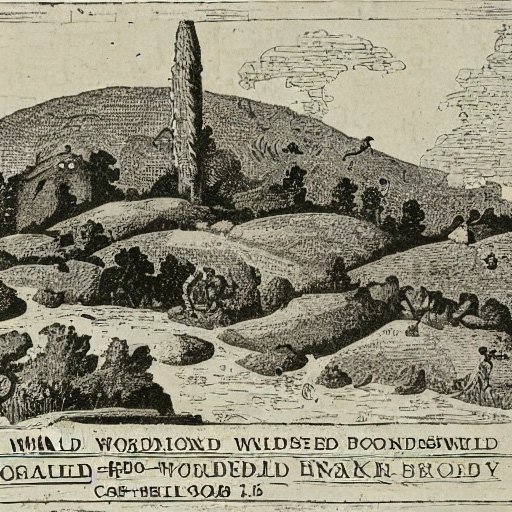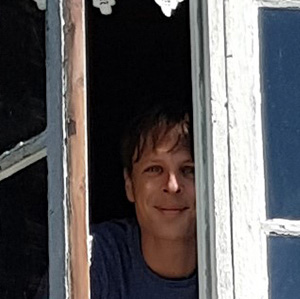Religious and Secular Worldmaking: Narrative Cultures of Utopian Emigration and the Formation of Modern Regimes of Attention
Narrative Cultures of Utopian Emigration and the Formation of Modern Regimes of Attention (NC-RoA)

Project description
Do religious and secular people experience the world differently? NC-RoA examines this question by focusing on a time when narrative cultures were diverging, and a shared reality seemed to be breaking down. Recent debates on social media bubbles, mainstream media, and misleading information suggest that society is becoming increasingly polarized, with many people seeing their opponents as unreachable through rational argument or evidence. NC-RoA investigates these dynamics in a historical setting to study the cognitive dynamics that lead to drifting perceptions of the world.
Emigrant narrative cultures as practices of world-making
NC-RoA’s aim is to rethink the relationship between intellectual argument and vernacular practice in the history of religions by investigating the historical, aesthetic, and perceptual conditions under which conflicting worldviews gain epistemic affordance as contrasting modes of observing, interpreting, and predicting the world. Our case studies focus on 19th-century “utopian” emigrants who journeyed from Europe to the United States, driven by their aspirations to create ideal societies—whether in the form of God’s kingdom or as communities liberated from religious constraints.
Our sources show how emigrants’ perceptions of the world and society changed as they encountered each other in the promised land. Conceptual distinctions began to emerge as utopians of all types reframed their individual experiences of the New World as religious positions. From the perspective of European observers, these radical attempts to establish a divine economy, create a new moral world, establish a new Zion, or build a communist paradise were seen as social experiments that modeled modern society, economy, and the future of religion. The differences and similarities between these communities became a central topic in the daily press, where they were employed to map modern religious and political stances onto the evolving conceptual landscape of the modern world.
Towards a cognitive history of mentalities
Utopian emigration encapsulates human capacities of hopes and dreams, the social potential of imagination, and the emergence and development of plausibility structures during periods of profound reorientation. In new environments, everyday activities gain renewed significance and become worth recounting. 19th-century sermons, speeches, communal gazettes, farming manuals, political treatises, diaries, and letters reveal an intertextual, participatory emigrant storyworld that captured and shaped emigrant expectations. The sources demonstrate how communities reconciled these expectations with local realities and crafted their distinct panoramas of perception, varying significantly in their focus and priorities.
NC-RoA studies the narrative cultures of utopian emigration as both documentations and implementations of specific regimes of attention—structures suited to control, regulate, or guide people’s perception of the world. Drawing on recent models from cognitive science, especially the predictive processing framework, we analyze how narrative practices described and prescribed alternative ways of modulating attention that were foundational to modern practices of world-making. In studying the narrative cultures of utopian emigration, we aim to provide religious studies, migration studies, and historiography with an innovative, transferable methodology that re-orients the conceptual history of religion and the secular towards a study of cultures of perception.
Project Partner
Dirk Johannsen, Professor
dirk.johannsen@ikos.uio.no
Department of Culture Studies and Oriental Languages, UIO
Project participant
Terje Mikael Hasle Joranger, Professor
terje.joranger@inn.no
Research director, Norwegian Emigrant Museum/ Professor, University of Inland Norway (INN).
The project is funded by The Research Council of Norway for the period of 2023–2027.



